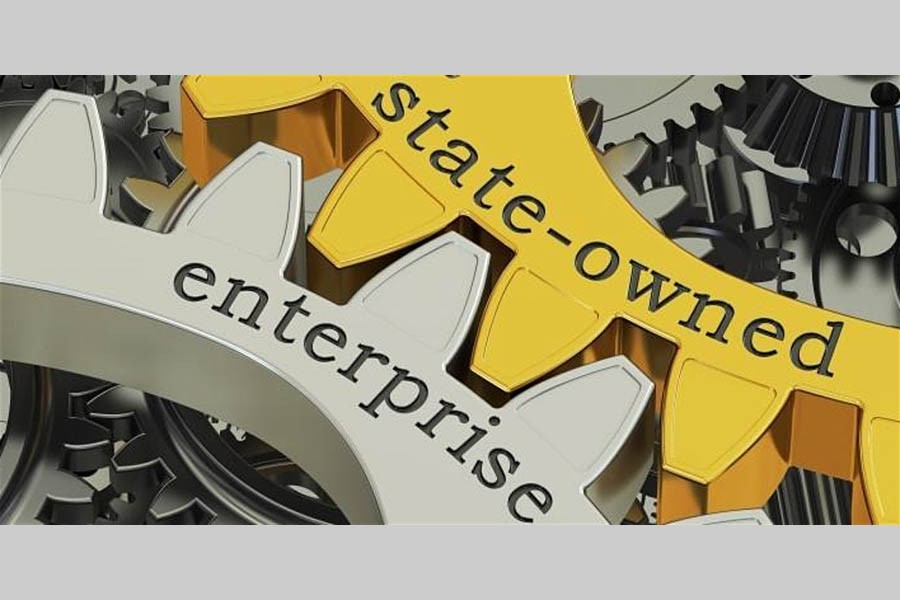Isn't it paradoxical that while the government is trying to revamp the state-owned enterprises (SoEs) in an attempt to rid them of the perennial losses they are in, their products barely make it to the government's procurement list? Government agencies purchase many products round the year, sometimes in bulk, through tender or from open market, and although many of those are produced by the SoEs, there is a sense of pervasive reluctance to procure those from them despite instructions from the highest authority.
A FE report last week says in view of the unlikely situation and negative mindset prevailing in most state agencies, the industries ministry has recently requested all ministries and divisions to buy locally-made products, especially those produced by the enterprises under the ministry to help the ailing entities survive. The industries ministry has reportedly requested all ministries to follow government instruction for procurement of products produced by state-run agencies. It may be noted that the instruction had come from the Prime Minister way back in March 2010 at a meeting of the Executive Committee of National Economic Council.
The fact that most of the state owned enterprises (SoEs) are not doing well is no news to take one aback. It has been a grim reality for decades -- a burden that successive governments have only half-heartedly attempted to address. Attempts to energise them by way of increased productivity and profitability have not produced any worthwhile result till now. In fact, government's efforts in this direction are also questionable, as whatever stray moves were taken did not actually mean to bring any major improvement in the performance of the state-run entities by means of management efficiency, technological upgrading, improved marketing etc. Burdened with loss, wastefulness and inefficiency, the SoEs have also earned the white elephant tag, requiring hefty funds from the government exchequer every year to pay for the mounting losses.
The SoEs produce different kinds of products such as sugar, tube, cable, paper, sanitaryware, blade, steel pipe, MS rod, safety razor, fertiliser, organic fertiliser, glass sheet, cement etc. According to a government estimate, the SoEs, numbering dozens, will incur a loss of Tk 56.7 billion in the current fiscal year. The figure is reportedly significantly higher than losses incurred in the last fiscal. In such a situation, if the government organisations prirortised their procurement from these state agencies in respect of goods produced by them, the losses would have reduced considerably.
However, there may be counter arguments as regards quality, pricing and on-time delivery underlying the lack of interest of those involved in procurement. If this is the case, the government cannot shrug off its responsibility of not being able to equip these entities to meet even its own procurement needs. The bottom line is -- these entities need to be first geared to be more productive and quality ensuring, and for this, there is no choice but to devise ways and means to making them deliver in a desirable way. It is by now clear that makeshift measures have failed and revamping them would need well thought-out plans in keeping with market demands at home and abroad.


